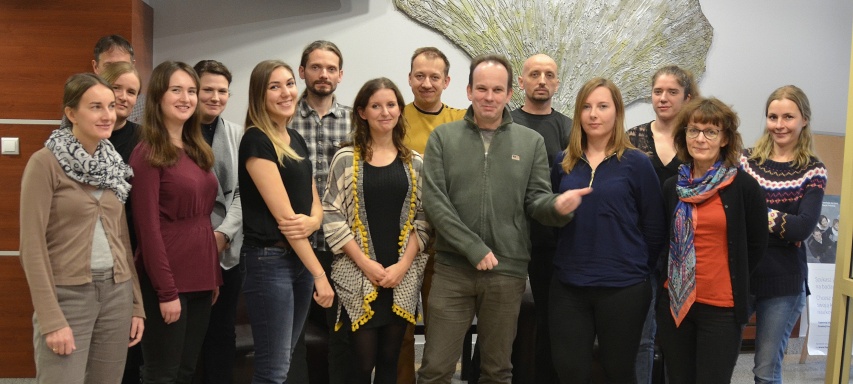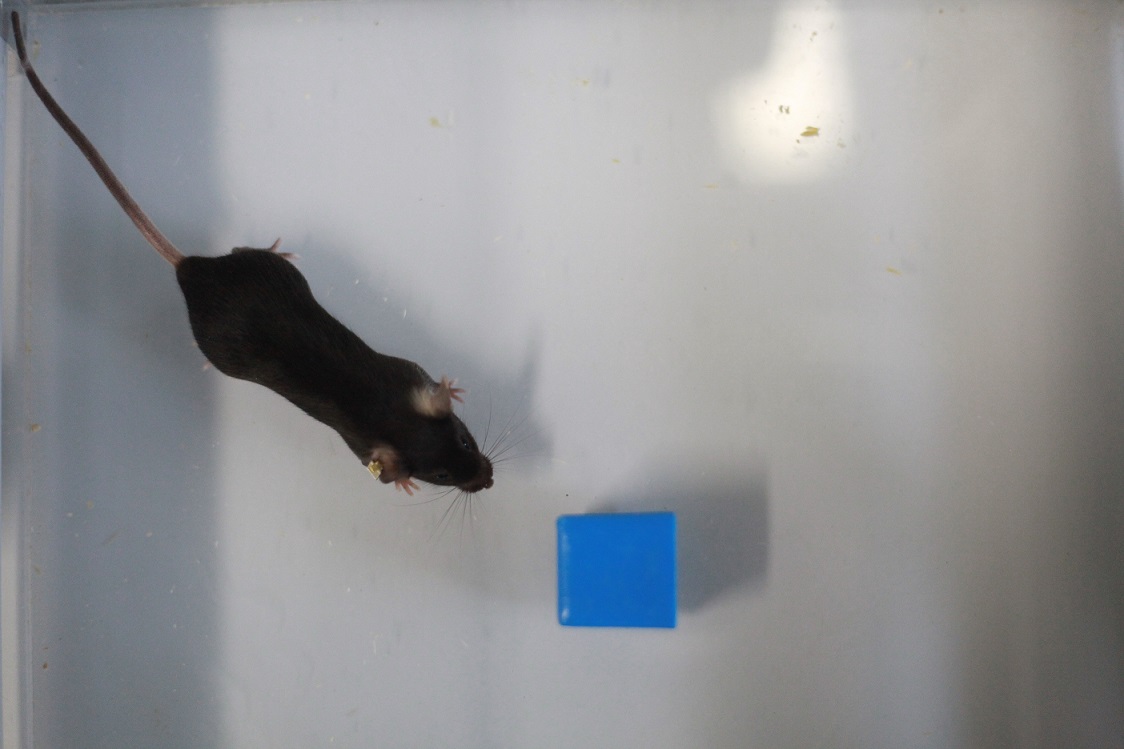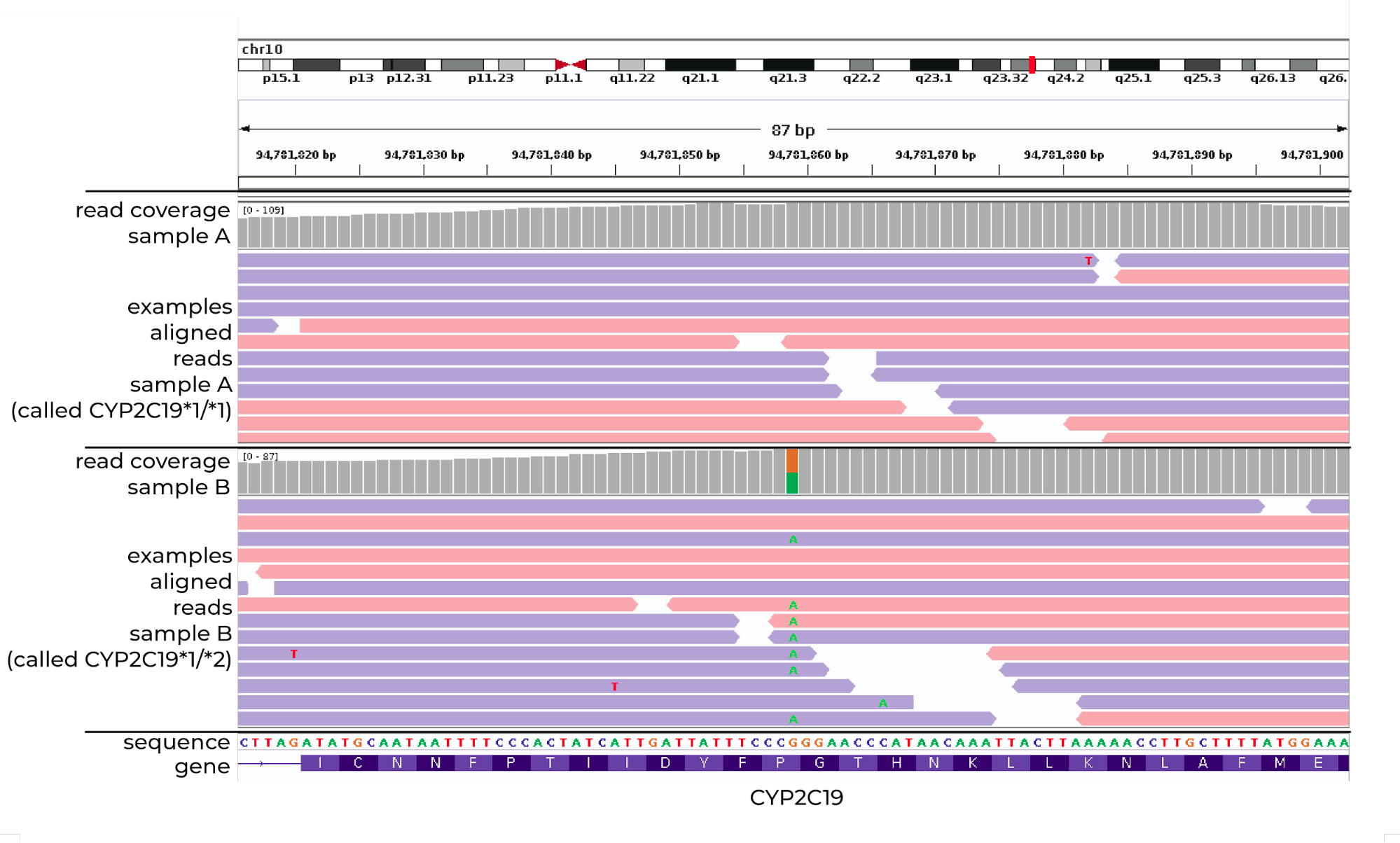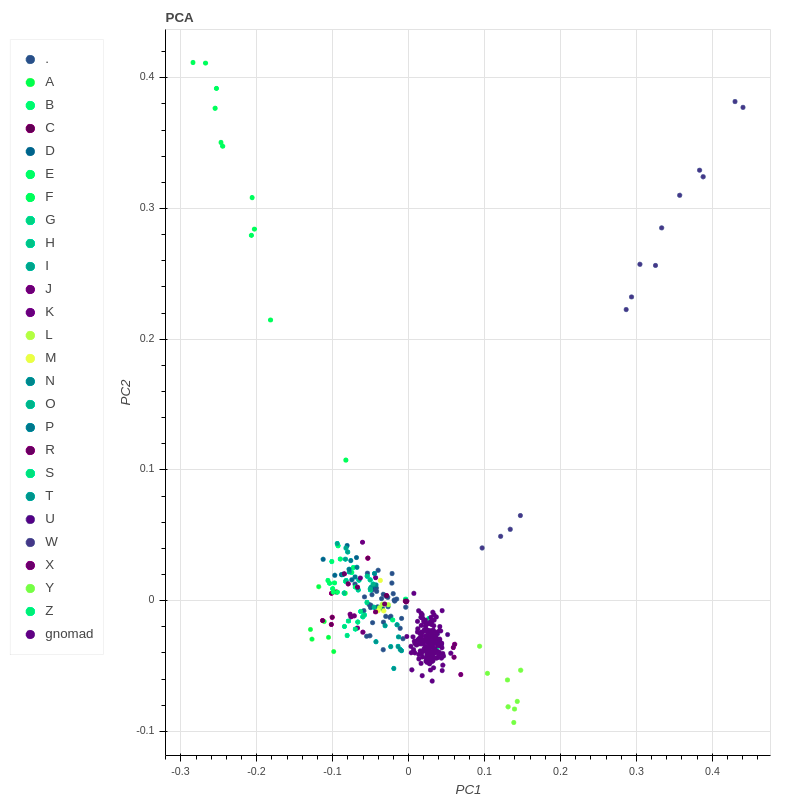Department of Molecular Neuropharmacology

Scientific profile
- About department
- Employees
- Laboratories
Our research focuses on three areas: the reward system of the brain, the molecular mechanisms of drug action, and neuro-pharmacogenomics.
The reward system of the brain encompasses all brain areas involved in reward-driven behaviors, with the mesolimbic dopamine system at the core. We have been studying the mechanisms involved in the plasticity of dopaminergic and dopaminoceptive neurons, and also the role of endogenous opioids in signaling rewards.
As the name of the Department implies a large part of our research focuses on the cellular and the molecular mechanisms of actions of psychotropic drugs, also with an emphasis on opioids. We hope that elucidating molecular signatures of drug action will lead to the identification of mechanisms essential for their therapeutic effects.
In recent years we have also been involved in neuro-pharmacogenomics, searching for associations between genetic background, neuropsychiatric disorders, and the effectiveness of pharmacotherapy. We use next-generation sequencing to discover novel common as well as rare genetic variants associated with drug effectiveness and safety. This is of particular interest in psychiatry due to large interindividual differences in therapy responses.




Professor Jan Manuel Rodriguez Parkitna, dr hab.
Head
Employees
Professor Ryszard Przewłocki, dr hab.
Michał Korostyński, dr hab.
Marcin Piechota, dr
Ganna Shayakhmetova, dr
Małgorzata Borczyk, dr
Sławomir Gołda, dr
Zofia Harda, dr
Alla Voronina, dr
Barbara Ziółkowska, dr hab.
Łukasz Szumiec, mgr
Lidia Radwan, mgr
Jacek Hajto, mgr
Klaudia Misiołek, mgr
Magdalena Ziemiańska, mgr
Mateusz Zięba, mgr
Employees
Michał Korostyński, dr hab.
Marcin Piechota, dr
Małgorzata Borczyk, dr
Jacek Hajto, mgr
Mateusz Zięba, mgr
Achievements
- Publications
- Grants
- Awards
Grant
The developmental changes in the endogenous opioid system associated with altered sensitivity to reward during adolescence
Klaudia Misiołek, MSc
Grant
Kappa opioid receptors integrate neuronal signaling involved in social behavior
Professor Jan Manuel Rodriguez Parkitna, PhD
Award
The Jerzy Konorski Team Award for the best study in neurobiology conducted in Poland awarded every year by the Polish Neuroscience Society and Committee of Neurobiology of the Polish Academy of Sciences
Professor Jan Manuel Rodriguez Parkitna, PhD
NFκB and JNK pathways mediate metabolic adaptation upon ESCRT-I deficiency
Jaroslaw Cendrowski, Marta Wrobel, Michal Mazur, Bartosz Jary, Surui Wang, Michal Korostynski, Anna Dziewulska, Maria Rohm, Agnieszka Dobrzyn, Anja Zeigerer, Marta Miaczynska
DOI: 10.1101/2024.06.12.598606
Mimicking the Human Articular Joint with In Vitro Model of Neurons-Synoviocytes Co-Culture
Jakub Chwastek, Marta Kędziora, Małgorzata Borczyk, Michał Korostyński, Katarzyna Starowicz
DOI: 10.15283/ijsc23043
Gene expression profiling in whole blood stimulated ex vivo with lipopolysaccharide as a tool to predict post‐stroke depressive symptoms: Proof‐of‐concept study
Marcin Piechota, Dzesika Hoinkis, Michal Korostynski, Slawomir Golda, Joanna Pera, Tomasz Dziedzic
DOI: 10.1111/jnc.15902
The First Potentially Causal Genetic Variant Documented in a Polish Woman with Multiple Cavernous Malformations of the Brain
Elżbieta Szczygieł-Pilut, Daniel Pilut, Michal Korostynski, Piotr Kopiński, Daniel P. Potaczek, Ewa Wypasek
DOI: 10.3390/genes14081535
PharmGScore scores of compound genetic variant burden for psychiatric treatment optimization
Malgorzata Borczyk, Jacek Hajto, Marcin Piechota, Michal Korostynski
DOI: 10.1101/2023.06.27.23291888
Genomic variants and inferred biological processes in multiplex families with Tourette syndrome
Fichna, J.P., Borczyk, M., Piechota, M., Korostynski, M., Zekanowski, C., Janik, P.
DOI: 10.1503/jpn.220206
Downregulation of Dystrophin Expression Occurs across Diverse Tumors, Correlates with the Age of Onset, Staging and Reduced Survival of Patients
Alnassar, N., Borczyk, M., Tsagkogeorga, G., Korostynski, M., Han, N., Górecki, D.C.
DOI: 10.3390/cancers15051378
Astrocytic Foxo1 regulates hippocampal spinogenesis and synaptic plasticity to enhance fear memory
Viana, J.F., Guerra-Gomes, S., Abreu, D.S., Machado, J.L., Barsanti, S., Gonçalves, M., Martín-Monteagudo, C., Sardinha, V.M., Nascimento, D.S.M., Tavares, G., Irmler, M., Beckers, J., Korostynski, M., Sousa, N., Navarrete, M., Teixeira-Castro, A., Pinto, L., Oliveira, J.F.
DOI: 10.1101/2023.05.01.538923
A Patient with Corticobasal Syndrome and Progressive Non-Fluent Aphasia (CBS-PNFA), with Variants in ATP7B, SETX, SORL1, and FOXP1 Genes
Katarzyna Gaweda-Walerych, Emilia J. Sitek, Małgorzata Borczyk, Ewa Narożańska, Bogna Brockhuis, Michał Korostyński, Michał Schinwelski, Mariusz Siemiński, Jarosław Sławek, Cezary Zekanowski
DOI: 10.3390/genes13122361
Glucocorticoid-Regulated Kinase CAMKIγ in the Central Amygdala Controls Anxiety-like Behavior in Mice
Marcin Piechota, Urszula Skupio, Małgorzata Borczyk, Barbara Ziółkowska, Sławomir Gołda, Łukasz Szumiec, Klaudia Szklarczyk-Smolana, Wiktor Bilecki, Jan Manuel Rodriguez Parkitna, Michał Korostyński
DOI: 10.3390/ijms232012328